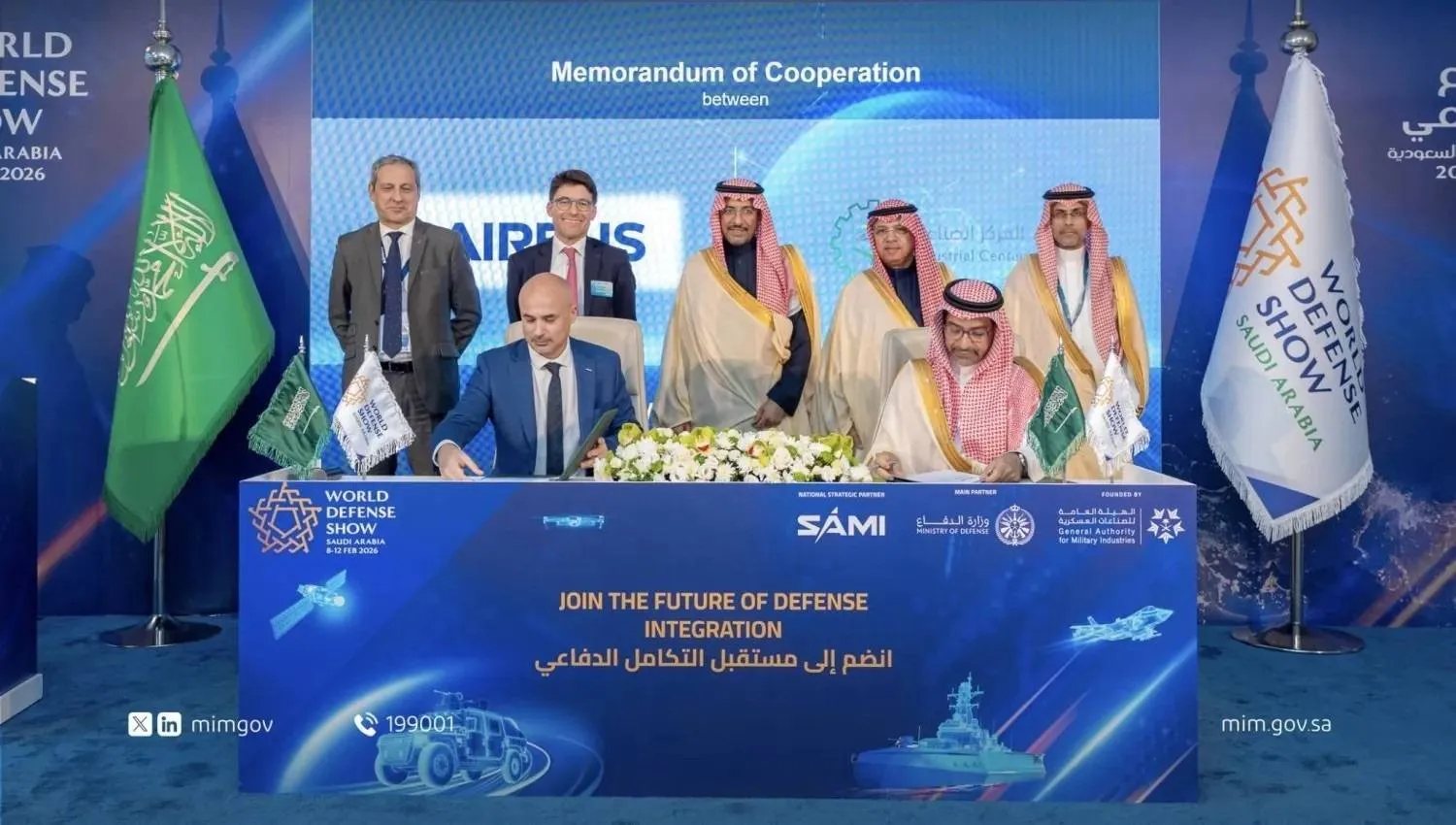Saudi Arabia’s decision to extend the Hajj visa to three months will enhance the Kingdom’s efforts to diversify the economy, increase new job opportunities, stimulate foreign investment indirectly, as well as reduce pressure on Jeddah Airport, officials and experts told Asharq Al-Awsat.
Member of the Saudi Shura Council Fadl bin Saad Al-Buainain noted that the pilgrim’s comprehensive experience goes beyond performing the rituals of Hajj and Umrah, to moving between the cities of the Kingdom and visiting tourist and heritage sites, which would strengthen the tourism sector and reflect positively on commercial activities and the overall economy.
Al-Buainain stressed that these visits will provide an important marketing and media channel, and will enhance cultural communication and consolidate human relations.
“There is an important aspect in extending residence and allowing travel from any of the Kingdom’s airports. This will contribute to reducing the human flow departing from Jeddah Airport, and revitalizing the airports of other cities,” he stated.
But the economic impact may not be visible in the short term, according to Al Buainain.
The Saudi official added that the decision would have positive repercussions in the medium term, and provide greater support for achieving the objectives of diversifying the sources of the economy, increasing consumer spending, and pumping more investments in the tourism and commercial sectors.
For his part, the CEO of Thakher Development Company, Eng. Abdulaziz Al-Aboudi, noted that the government decisions would stimulate the hospitality sector in Makkah Al-Mukarramah and achieve a qualitative positive shift.
“The hotel occupancy rate in Makkah Al-Mukarramah during the Hajj season 2023 reached 100 percent, compared to 80 percent during Ramadan, and 60 percent during the same period in 2022,” he told Asharq Al-Awsat.
Al-Aboudi revealed that the hospitality and real estate sectors in Makkah recorded a strong performance during the Hajj season this year, driven by a number of factors, including the high occupancy rate in hotels.
Dr. Abdel-Rahman Baeshen, head of the Al-Shorouk Center for Economic Studies, said that Saudi Arabia has adopted a strategy of maximizing the material returns from the Hajj and Umrah, within a plan to diversify the economy.
He added that extending the Hajj visa would increase the revenues of the tourism sector in general, and stimulate recovery and growth.
For his part, professor of international commercial law at the Institute of Management in Riyadh Dr. Osama Al-Obaidi said: “Extending the Hajj visa for a period of three months will have positive results on the Saudi economy, by enriching and deepening the experience of pilgrims and preparing various tourist sites to receive visitors.”
Tourism currently contributes about $12 billion to the Saudi gross domestic product, Al-Obaidi told Asharq Al-Awsat, noting that the recent government decision would help raise this amount to $20 billion in 2030, reflecting positively on the policy of diversifying the national economy.









